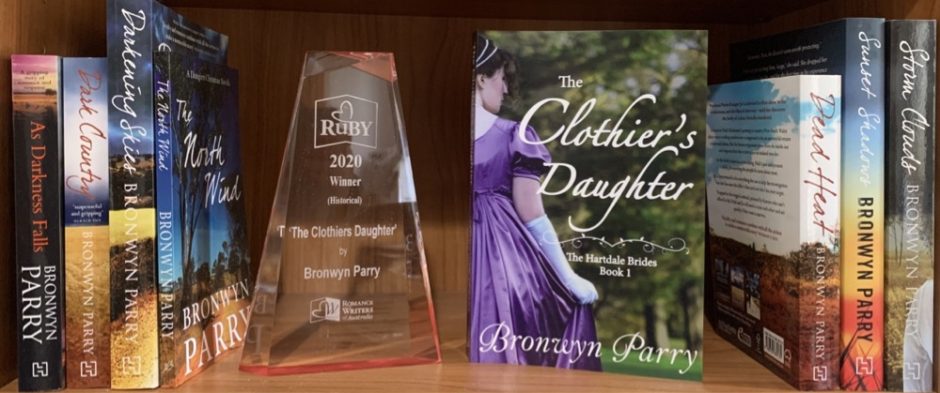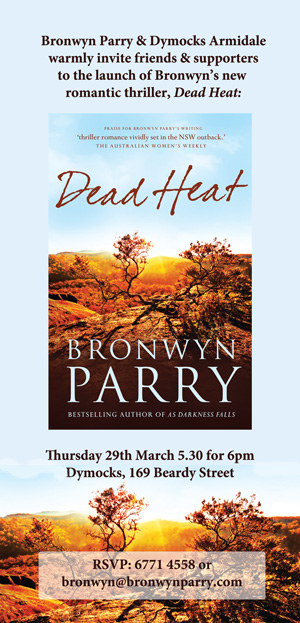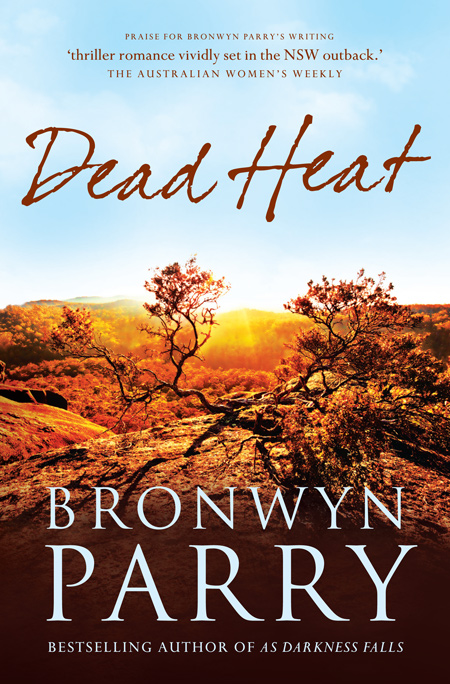I had thought about writing a post about Valentine’s Day, and about love being more than flowers and chocolates and fancy cards, but last night I happened to be reading Ian Shaw’s On Radji Beach, the story of Australian army nurses evacuated from Singapore just before it’s fall to the Japanese in 1942, and I realised that today is the 70th anniversary of the sinking of the Vyner Brooke, the small coastal ship carrying, amongst others, 65 Australian nurses.
Many survived the sinking and made it eventually to land, but in the events that followed, on February 16th at Radji Beach on Banka Island, 22 nurses were forced to walk into the sea and were gunned down by Japanese troops, with Vivian Bullwinkel the only survivor of that massacre. She eventually re-joined another 31 surviving nurses who became internees, denied even the status of prisoners of war; of these, 24 lived to finally come home in late 1945, after 3 1/2 years of captivity.
With the story of these nurses fresh in my mind, I’ve been thinking, this Valentine’s Day, about the nature and forms of love – of compassion and respect, of commitment and service. The nurses, ordinary women before the war, became extraordinary in their dedication to their duty in Malaya long before their evacuation from Singapore, and the survivors continued to nurse fellow prisoners throughout their long incarceration, despite appalling conditions and the almost total lack of medical supplies.
That’s a selfless form of love and compassion. I do not know if the women who died had boyfriends or lovers to love and cherish them – as army nurses, they were presumably single. In the few months prior to the Japanese invasion, many had apparently enjoyed the colonial social life of Singapore; they were officers, and therefore had access to the best Singapore had to offer. According to Shaw’s book, after the end of the war, three of the nurses married men they had met during their time in Malaya. Valentine’s Day was not then a big thing in Australia (certainly not the commercialised event it now is), but perhaps those nurses thought of their special friends, perhaps wrote to them, before the Vyner Brooke met its doom on Valentine’s Day.
I think of their courage – their courage in becoming nurses, to start with, and then in volunteering for army service; their courage in dealing, day in, day out, with the stark realities of nursing in a war zone, of tending to and ensuring the passengers of the Vyner Brooke were off the sinking ship before they themselves left it, and their courage in surviving through years of imprisonment. That courage awes me. The story is told that as the nurses at Radji beach walked into the surf, gunners lined up behind them, Matron Irene Drummond called out to them, “Chins up, girls. I’m proud of you and I love you all.”
So perhaps, today, in memory of their love, their courage, their lost and disrupted lives, it’s a good day to be grateful for our families and loved ones, to cherish and love them – not necessarily with flowers and chocolates, but with appreciation for the wonderful, special, individuals that they are and for the joy that they share with us.
I’ve pictured below two of the nurses who died at Radji Beach, the photos courtesy of the Australian War Memorial. Sister Mary McGlade was educated in my town; Sister Kathleen Neuss apparently came from Inverell, another town in the region.

Sister Mary Eleanor McGlade

Sister Kathleen Neuss
Rest in peace, Sisters. You are truly an inspiration.
ETA: Some links for more information about the sisters:
‘Found’ on ww2.gov.au
Report in Townsville Daily Bulletin, SEptember 1945
Vivian Bullwinkel and the Bangka Island Massacre



